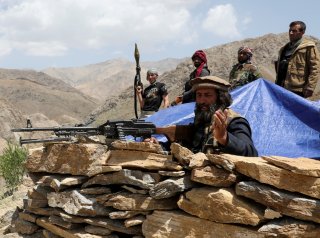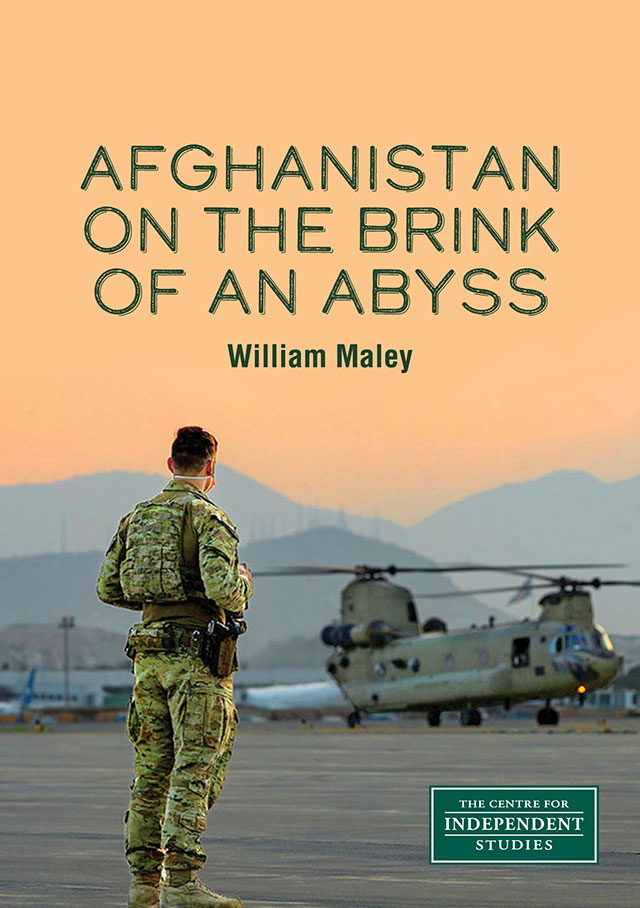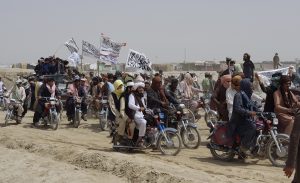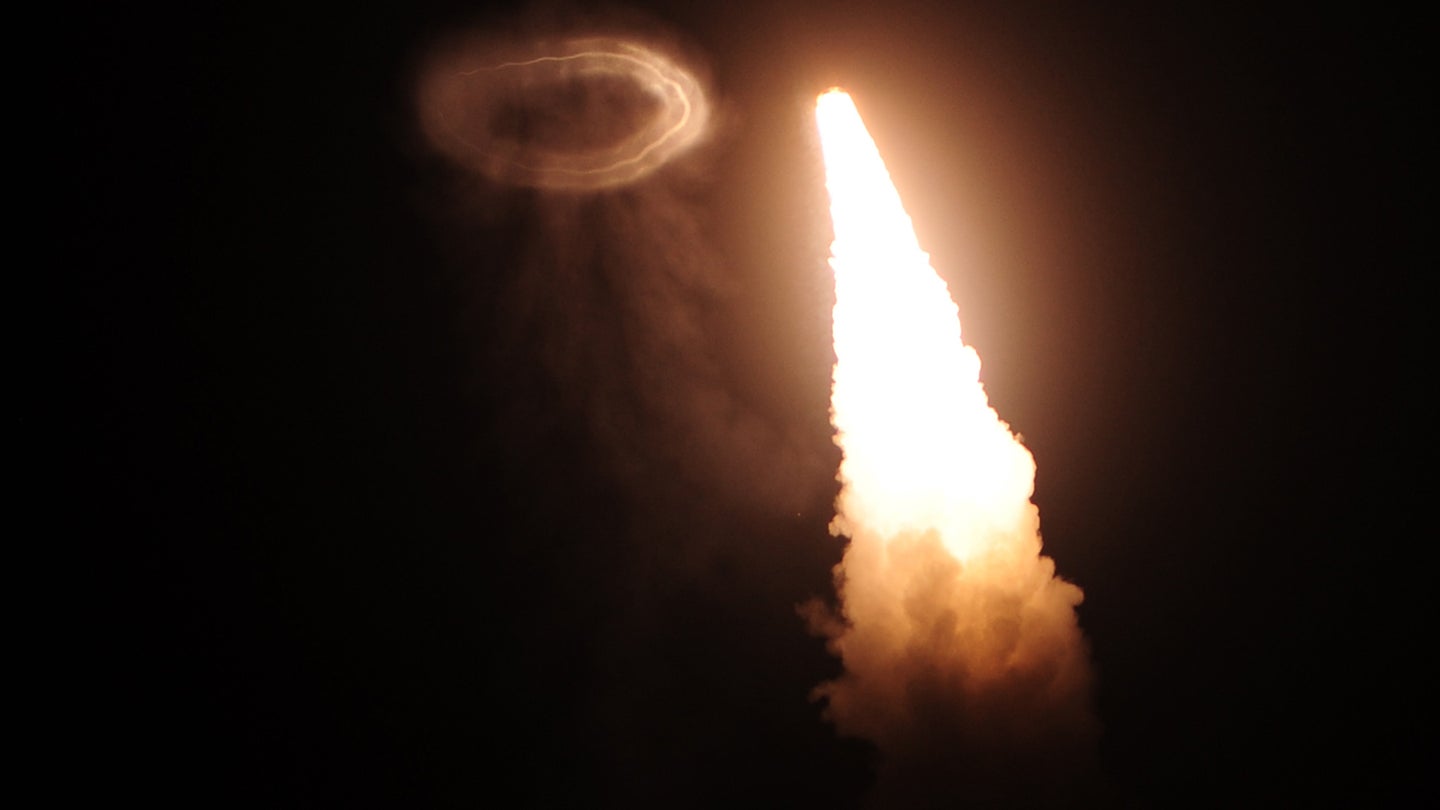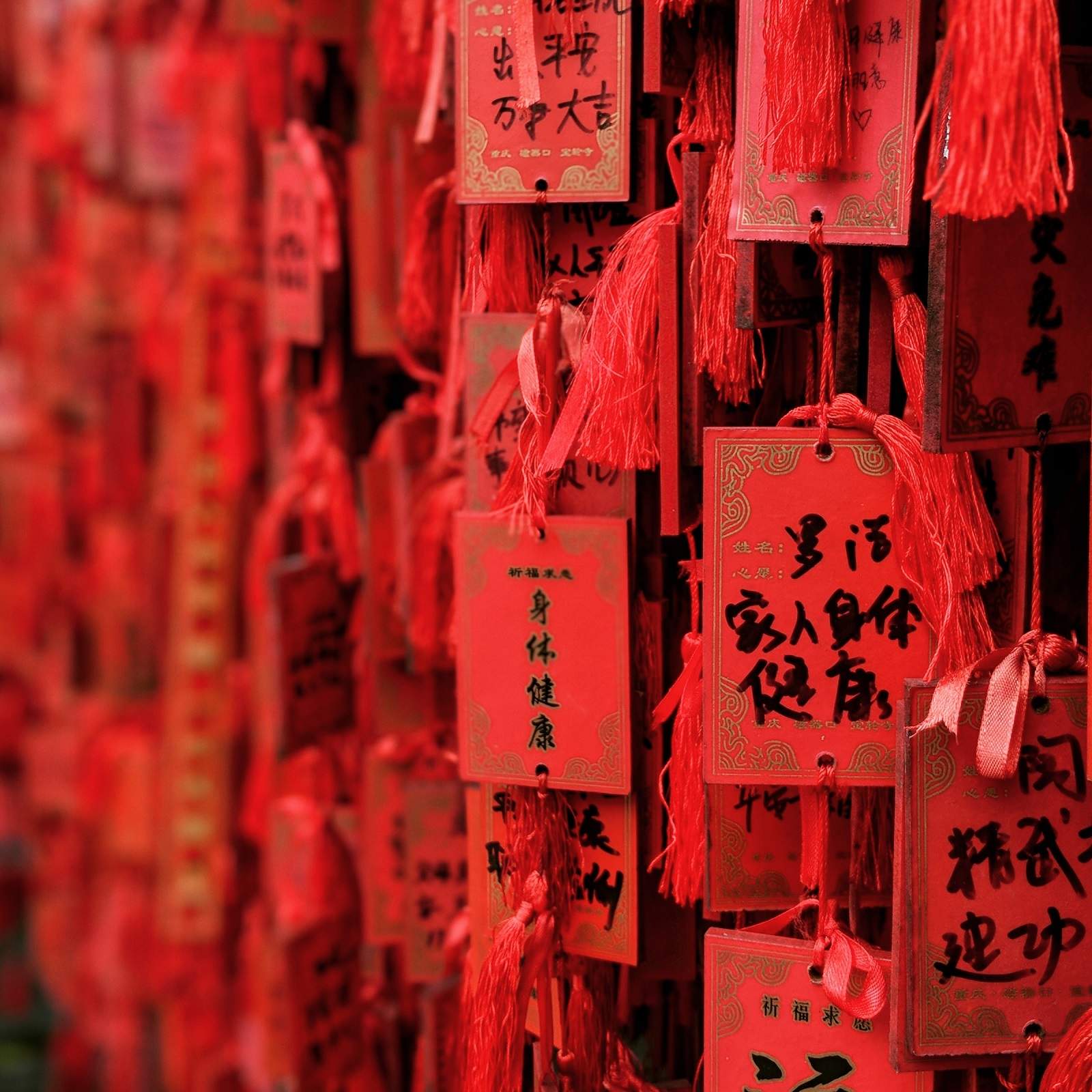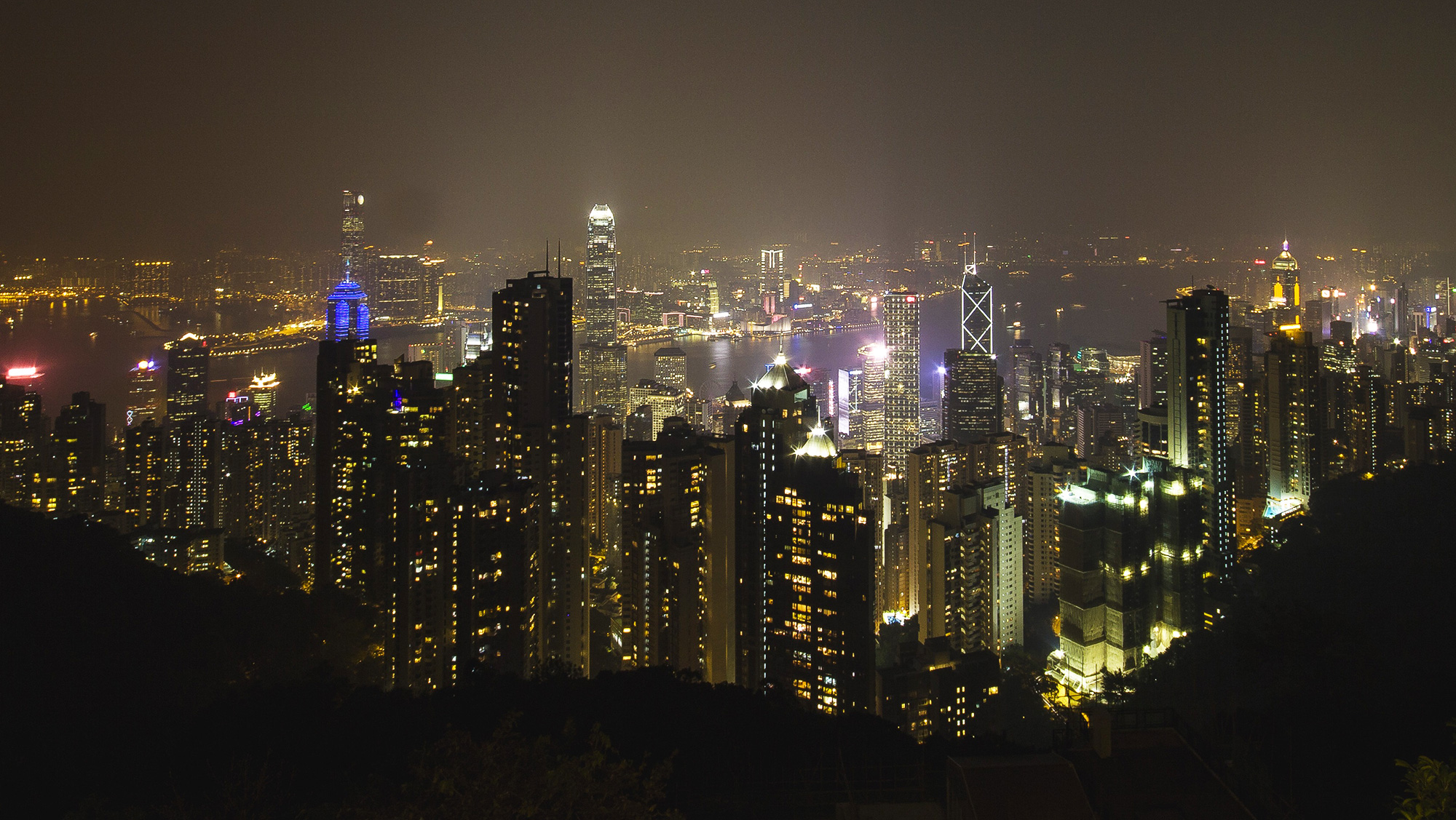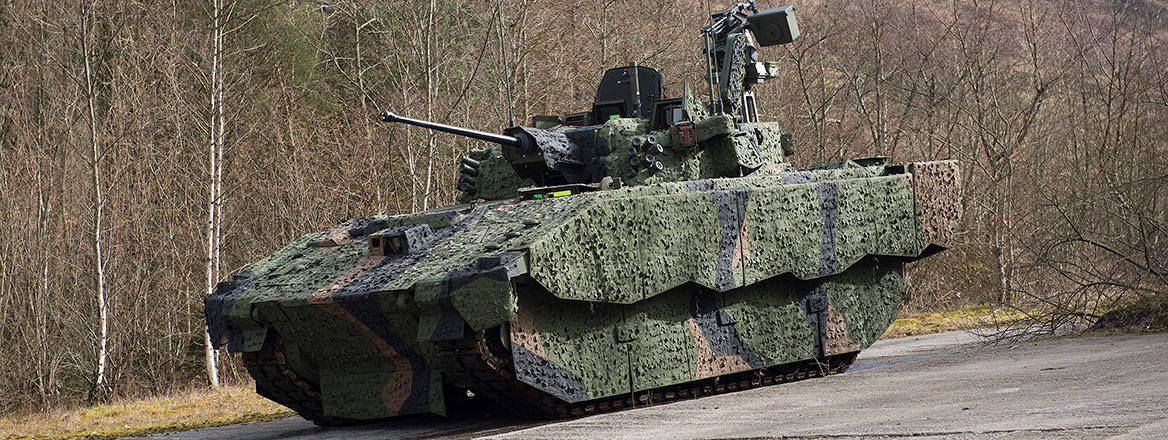Serik Rymbetov
On July 6, Kazakhstan celebrated Capital City Day in commemoration of former president Nursultan Nazarbayev’s 1994 decision to move the capital from Almaty in the south to Akmola in the north. The capital was subsequently renamed Astana but, following Nazarbayev’s sudden resignation, it has been known as Nur-Sultan since March 2019. July 6 is also Nazarbayev’s birthday. Despite relinquishing the presidency in favor of his anointed successor, Senate speaker Kassym-Zhomart Tokayev, the former head of state has retained the title of Leader of the Nation and the post of chairperson for life of the National Security Council. Unsurprisingly, Nazarbayev is still widely considered, both at home and abroad, as the power behind the throne to whom President Tokayev defers for all key decisions (Inform.kz, March 19, 23, 2019).
The Capital City Day celebrations in Almaty were marred this year by a protest organized by a long-time critic of Nazarbayev’s regime, Zhanbolat Mamay. A small group of people led by Mamay, who were later forcibly dispersed by the police, called on Nazarbayev to leave the political scene for good, vented their anger at rising inflation and criticized Kazakhstan’s economic dependence on China. The latter point has been a recurrent theme of Kazakhstani domestic politics in recent years, to almost complete silence from the corridors of power. Most recently, in late March 2021, opposition activists, including the aforementioned Mamay, held a pre-authorized rally in Almaty with some 300 participants protesting “Chinese expansion” into Kazakhstan, namely the two governments’ old plans to build a network of industrial enterprises on Kazakhstani territory (Exclusive.kz, July 7; Mediazona.ca, July 6; Radio Azattyk, March 27, July 6).


